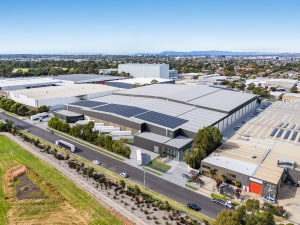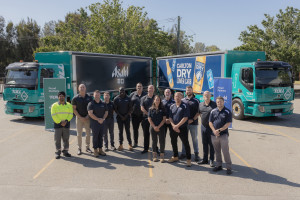The Real Media Collective has published research which shows that the coronavirus will live for much shorter time on carboard than on plastic packaging, which will carry the virus for two or three times longer.
The Australasian Paper Industry Association and The Real Media Collective, working collaboratively, have reviewed research and commentary in specific regard to the coronavirus lifespan on paper and other surfaces.
The research showed that viable coronavirus could be detected for up to 24 hours on cardboard, compared to up to two to three days on plastic-based packaging. However, the conclusion of the research is that all cardboard, and through this, assumption of paper or fibre-based products including mail, as well as polypropylene, and through this, assumption of low-grade plastics such as polyethylene for magazine wraps, carries a low risk of contamination.
When it comes to mail, the research revealed that as the print and mail processing time generally takes more than three days, mailbox deliveries including letters, magazines, and packages are safe.
The US Centre of Disease Control and Prevention said, “In general, because of poor survivability of these coronaviruses on surfaces, there is likely very low risk of spread from products or packaging that are shipped over a period of days or weeks at ambient temperatures."





